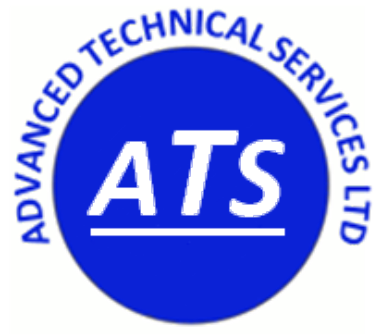Laboratory Insights: Enhancing Research with Data Logging in Medical Experiments
In the world of medical research, the quest for accurate and reliable data is a cornerstone of progress. Whether scientists are investigating the effects of a new drug, delving into patient data, or dissecting the intricacies of biological processes, the collection of precise information is paramount. Enter data logging, a transformative technique that is revolutionizing the landscape of medical experiments.
Data logging involves the systematic recording of data from various sensors and instruments used in experiments. It enables researchers to continuously monitor and collect information, offering a comprehensive view of an experiment’s evolution. Here’s how data logging is fundamentally enhancing medical research:
Real-time Monitoring: One of the most significant advantages of data logging is its ability to provide real-time insights. Researchers can observe experiments as they unfold, allowing them to spot anomalies or deviations promptly. This instant feedback loop is invaluable in ensuring the accuracy and reliability of results.
Minimizing Human Error: The traditional method of manually recording data is susceptible to human error. Data logging systems automate this process, reducing the risk of mistakes and enhancing the credibility of the collected data.
Long-term Experiments: Many medical experiments span extended periods, often stretching over weeks or months. Data logging systems can operate continuously, collecting data around the clock without the need for constant human supervision.
Data Analysis: Data logging facilitates the storage and retrieval of extensive datasets. Researchers can employ advanced analysis tools to uncover hidden trends, correlations, and insights that might otherwise remain concealed.
Collaboration: With remote access capabilities, data logging systems foster collaboration among researchers, even when they are geographically distant. This collaborative environment accelerates the pace of research and bolsters its efficiency.
Compliance and Documentation: In regulated medical research, data logging plays a critical role in ensuring compliance with stringent standards and regulations. Detailed records are readily available for audits and reporting.
In summary, data logging stands as a transformative force in the realm of medical research. By streamlining data collection, it enhances the accuracy, reliability, and efficiency of experiments. As technology continues to advance, data logging will assume an increasingly pivotal role in accelerating medical discoveries and improving patient care. Researchers who embrace this tool will find themselves better equipped to tackle complex medical challenges and drive innovation in the field.

